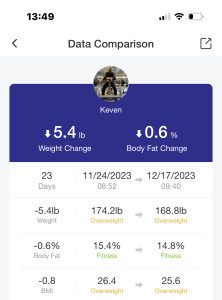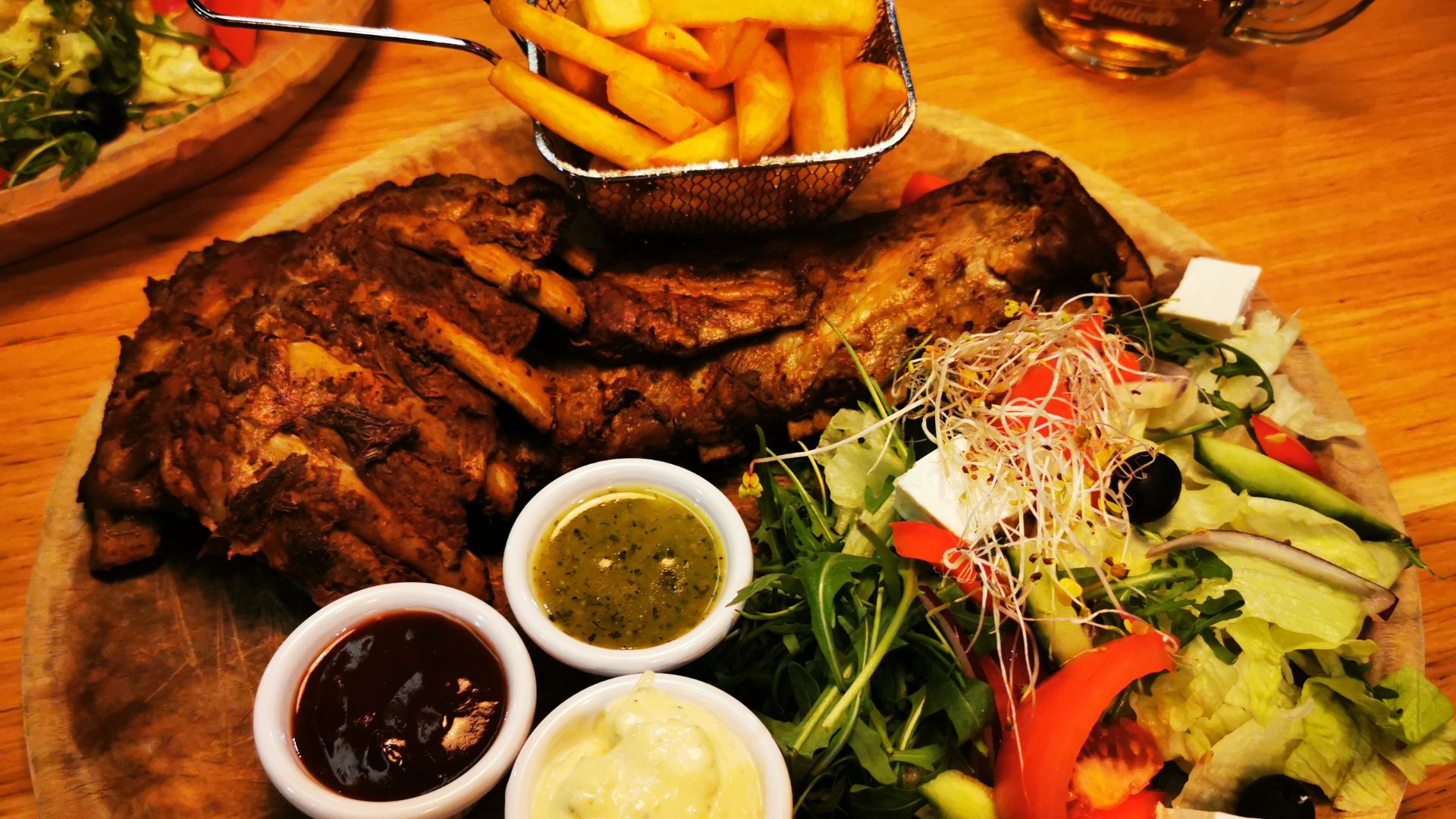The Western Diet
The more time passed, and we transitioned from a life in nature to a life in big cities, the more human nutrition changed.
Needless to say, when you change what you do multiple times per day (eating), physiological changes occur.
The “Western diet” is one of the things that significantly impacts human health.
Characteristics Of The Western Diet
The Western diet is characterized by a high intake of red meats, pre-packaged food, fizzy drinks, butter, candy, sweets, fried foods, and high-fructose corn syrup.
As you can guess, most of these foods (besides meats) focus on satisfying your desire for taste rather than keeping you satiated.
The majority of foods on the list of the Western diet are poor in nutrients, thus being suboptimal for your health.
The structure, balance, and composition of some of the essential nutrients for the body have been fundamentally altered as more foods and food-processing methods were implemented during the neolithic and industrial periods.
The Dangers
Researchers found that consuming a typical Western diet for just one week can impair brain function and lead to overeating and binging.
And guess what? Those effects were observed in otherwise healthy people with no bad habits and a tight, fit body composition overall!
Again, in just seven days, the highly processed fat & sugar Western diet substantially impacted memory.
Furthermore, the volunteers in their 20s reported that they started preferring the junk food-based diet over whole foods.
The scientists’ conclusion in this study was that the western diet makes it harder for people to regulate their appetite.
This is perhaps because of the diet’s effect on the hippocampus – The part of your brain that regulates memory and is involved in utilizing hunger signals.
Richard Stevenson, a psychology professor from Sidney, states the following:
“After just a short period of eating a western-based diet, the ‘tastier’ junk foods become the preferred option, even after you have already had a meal. This makes it harder to resist those foods, making you eat more and inevitably creating a vicious cycle of overeating and excessive calorie consumption.”
How To Regulate Your Appetite
Throughout human existence, our bodies have seen long periods of scarcity.
This makes the body create specific mechanisms, which allow us to slow down the metabolism and survive with less food.
These are the so-called “metabolic adaptations,” which the body knows very well how to utilize because it knows that the lack of food is possible.
However, the opposite isn’t valid – Throughout human history, we’ve never had such an abundance of foods as we do now.
Only a few decades since we’ve had easy access to food and many newly introduced, processed foods.
Because it has only been a couple of decades, the body has not yet had the chance to adapt to this and create weight-gain regulation mechanisms, as it did with the weight-loss regulation mechanisms (metabolic adaptations).
This is why many people gain excess weight, which is also why most people in the USA are obese.
However, there are two things you can do to mitigate the effects on appetite that are manifested with the typical, processed food western diet.
These things are linked to making nutritional choices, so let’s see what you can do!
#1 Eat MEAT & Organs!
Though nowadays food is a type of recreation and something to enjoy, food means survival for most of human existence.
As we did not have such an abundance of products at easy access, we naturally sought the most satiating foods that could make us whole for the most extended period.
And guess which those foods are… That’s right, animal foods!
Generally, if you want to minimize the chance of overeating and binging on crap food, you are best off focusing on nutrient-dense foods.
With protein & fat being the two most satiating nutrients, we can easily conclude that meats, organs, and other animal products are the most satiating foods one can eat.
You overeat processed junk food because you did not give the body enough quality food for it to feel satiated!
Try placing animal products at the core of your nutrition and see if you’re still going to have the same desire for junk foods.
In doing so, however, you will need to pick quality meats – Resort to grass-fed animals, which are well-grown.
To find such products, you must reach out to small and medium-scale farming businesses which do not mass-produce meat.
#2 Eat Fruits & Veggies
Though fruits & veggies don’t provide a lot of protein and fats, they contain fiber and are usually high in volume (take up a lot of space in the stomach).
Including reasonable amounts of fruits and veggies in your nutrition will make you feel fuller for longer.
On top of that, replacing processed sugar foods with fruit is one of the best choices.
The more you do this, the sweeter the taste of fruits will become, and at one point, you’d prefer a mango or pineapple rather than Nutella or chocolate.
Last but not least, you can also make use of potatoes!
Though they do not contain substantial amounts of proteins and fats, potatoes have the highest satiety index.
Have a steak with potato mash and some veggies, and see how that affects your satiety!
Granted, you won’t even think about binging on junk food.
Conclusion
The typical Western diet contains a lot of processed foods, sugars, processed fats, fizzy drinks, deep-fried foods, etc.
All of these foods are poor in nutrients, unable to provide the essential nutrients your body needs and, thus, having a poor effect on satiety.
The bad thing is that the brain gets hooked on those foods, making them a priority choice because of their addictive taste.
What you can do, however, is focus on nutrient-dense, satiating foods and place them at the core of your nutrition plan.
This doesn’t mean you should exclude your favorite junk foods; it only means you should have the balance in favor of nutrient-dense foods that will make you feel satiated.
Eat foods that keep you satiated, and your body will thank you!








